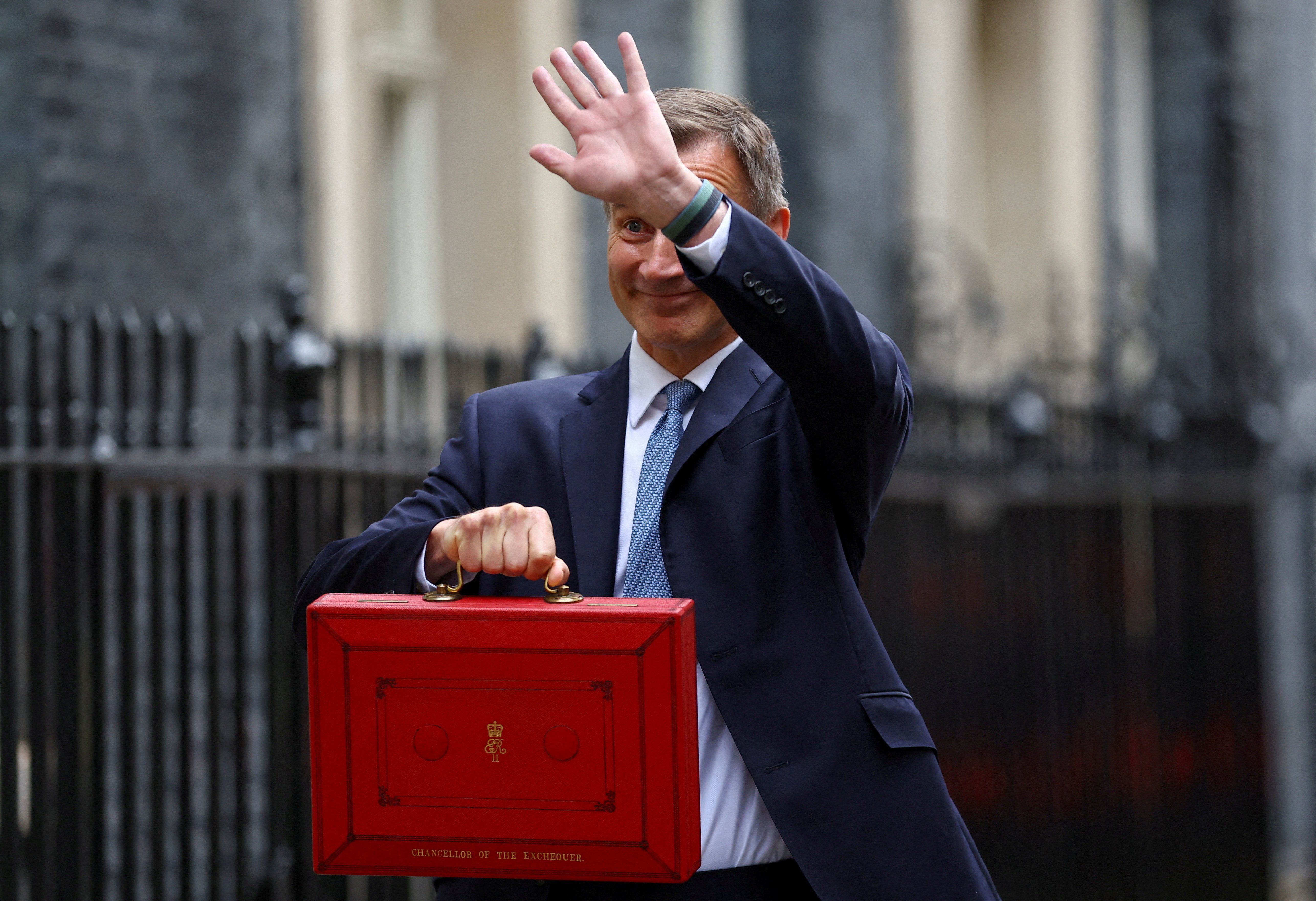Weeks after the International Monetary Fund forecast that the UK will be the worst-performing advanced economy this year, British Chancellor Jeremy Hunt on Wednesday handed down a fresh national budget. (Though the independent Office for Budget Responsibility now says that the economy will only contract by 0.2% this year, an improvement on previous forecasts of 1.4%.)
Budgets can have a massive impact on politics. You’ll likely remember that ephemeral PM Liz Truss’ “mini” budget last fall caused the markets to nosedive, leading to her swift resignation.
As the UK grapples with a dire cost-of-living crisis and a sky-high annual inflation rate of 10.1%, Hunt tried to convey that the government will address falling living standards without overspending while also stimulating growth after years of sluggish economic performance. For context, real household disposable income, a key standard-of-living metric, is expected to drop 5.7% between 2022 and 2024.
Indeed, the budget laid out public spending measures opposed by some Tory hardliners, including a £4 billion additional investment in free childcare and an extension until the end of June of a £2,500 annual energy price cap to offset rising energy costs as a result of Russia’s war in Ukraine.
What's more, the Tories will stick to an earlier plan to raise the corporate tax rate by 6 percentage points to 25%, a move unpopular with fiscally conservative Tories. A significant budgetary development is the abolition of limits on the amount workers can build up in their pension funds before paying tax, which is aimed at keeping some professionals in the workforce for longer. There are also some tax breaks offered to businesses to boost investment.
Much of Hunt’s budget focuses on the need to plug a hole in the labor market and boost productivity after years of sluggish growth. Crucially, while the economies of other advanced countries including the US,Canada, Japan, and the EU now exceed their pre-pandemic levels, Britain’s GDP remains stagnant. This trend started after the 2007-2008 financial crisis, and was further exacerbated by the Brexit fallout, which raised trade barriers and created a climate of uncertainty and chaos.
The challenge is now on Labour leader Keir Starmer to recast his party’s opposing message. Love him or hate him, Prime Minister Rishi Sunak, a mild-mannered technocrat who is on a mission to mend relationships around the globe, can hardly be accused of the gross incompetence that plagued his predecessors.
With general elections slated for next year, can Starmer maintain the 20-point advantage Labour currently enjoys after the implosion of the Conservative Party under Boris Johnson – or is this the beginning of the Tories’ comeback?